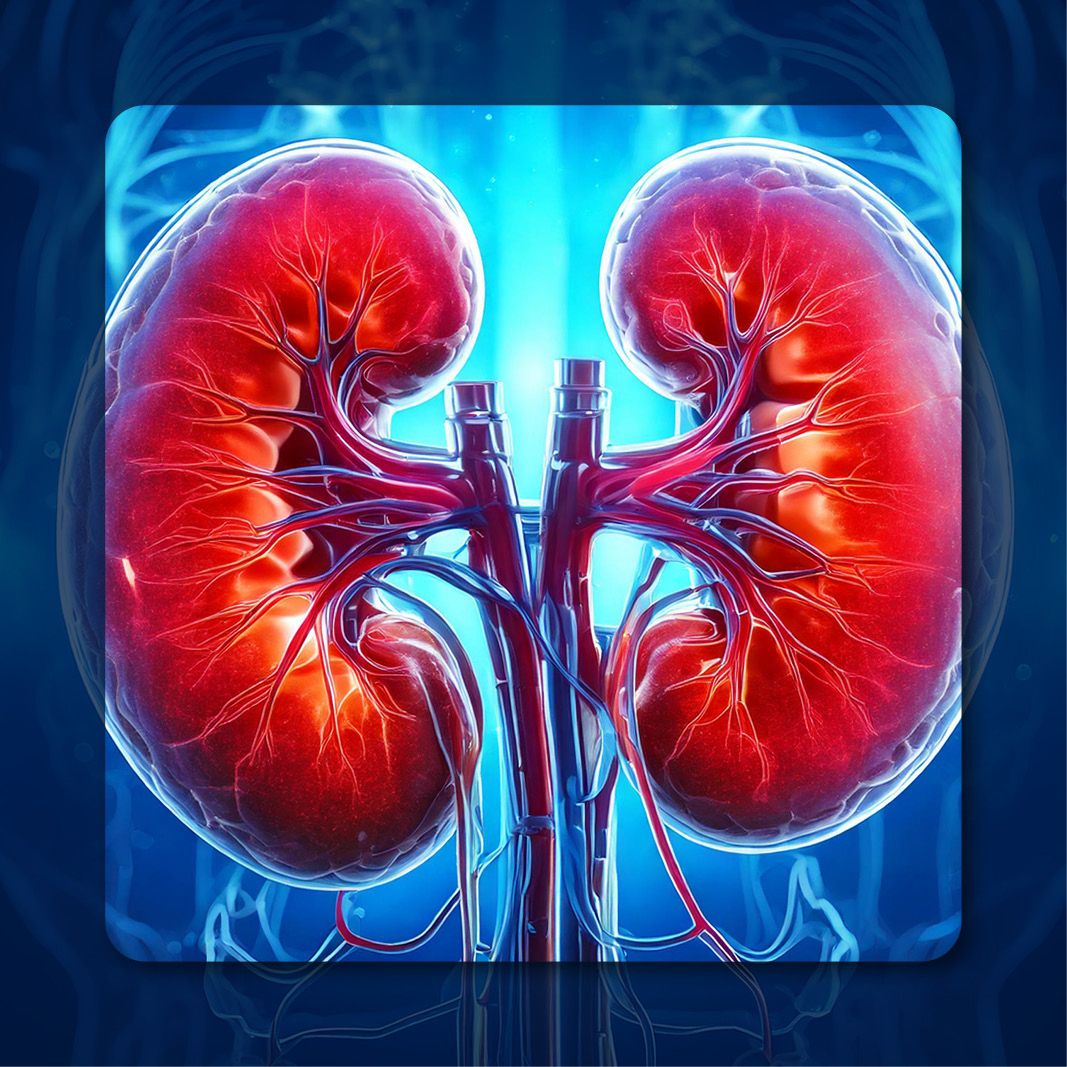Commentary
Video
Dr Aldoss on the Use of Revumenib in KMT2A-Rearranged Acute Leukemia
Ibrahim T. Aldoss, MD, discusses the use of revumenib monotherapy in patients with relapsed/refractory acute leukemia harboring KMT2A rearrangements.
Ibrahim T. Aldoss, MD, hematologist/oncologist, associate professor, Division of Leukemia, Department of Hematology & Hematopoietic Cell Transplantation, City of Hope, discusses the use of revumenib (SNDX-5613) monotherapy in patients with relapsed/refractory acute leukemia harboring KMT2A rearrangements in the phase 2 AUGMENT-101 study (NCT04065399), findings from which were presented at the 2023 ASH Annual Meeting.
The study examined the small molecule inhibitor revumenib, which targets the menin-KMT2A interaction, and encompassed multiple arms within its phase 2 design, Aldoss begins. The focus of the investigation presented at the 2023 ASH Annual Meeting was confined to the initial 2 arms, where patients exhibited mutated or rearranged acute leukemia in cohorts A and B, he states. Notably, cohort C, featuring patients with distinct genetic mutations, was not included in this report. Building on insights gleaned from the phase 1 portion of the study, which demonstrated promising response rates and manageable overall toxicity when usingthe drug as a single agent in patients with relapsed/refractory disease, the subsequent phase 2 portion of the study proceeded with the recommended phase 2 dose of remuvenib, Aldoss explains.
The study comprised 2 cohorts: the safety cohort (n = 94), encompassing patients who received any dose of revumenib, and the efficacy cohort (n = 57), which consisted of both pediatric and adult patients with documented KMT2Ar mutations, he elucidates. Theobserved response rates with revumenib in this trial have been encouraging, according to Aldoss. After an interim analysis, the study achieved its primary end point of complete response (CR) and CR with partial hematologic recovery (CRh) with revumenib, prompting the closure of the trial. The results are being submitted to the FDA to support the potential approval of revumenib in this patient population.
Aldoss states that the standout feature of these trial results is the notably high response rates with revumenib, including CR with or without count recovery, as well as partial response. The primary efficacy end point was significantly improved with revumenib compared with historical responses rate of less than 10% elicited with standard treatments in this patient population, he says, and the depth of these responses was underscored by the rate of minimal residual disease negativity.
Moreover, these meaningful responses translated into a substantial proportion of patients proceeding to treatment consolidation, he continues. The efficacy population consisted of heavily pretreated patients, 46% of whom had undergone prior transplant procedures, and 72% of whom had received prior venetoclax (Venclexta), he explains. Furthermore, 46% of the participants had undergone at least 3 prior lines of therapy. From a toxicity perspective, although treatment-emergent toxicity was prevalent, the rate of toxicity leading to drug discontinuation remained low, Aldoss adds. Importantly, known toxicities associated with this drug class were reported at but did not result in drug discontinuation for any of the patients, he concludes.


















%20(2)%201-Recovered-Recovered-Recovered-Recovered-Recovered-Recovered-Recovered-Recovered-Recovered-Recovered-Recovered-Recovered-Recovered-Recovered-Recovered-Recovered-Recovered.jpg?fit=crop&auto=format)
%20(2)%201-Recovered-Recovered-Recovered-Recovered-Recovered-Recovered-Recovered-Recovered-Recovered-Recovered-Recovered-Recovered-Recovered-Recovered-Recovered-Recovered-Recovered.jpg?fit=crop&auto=format)
